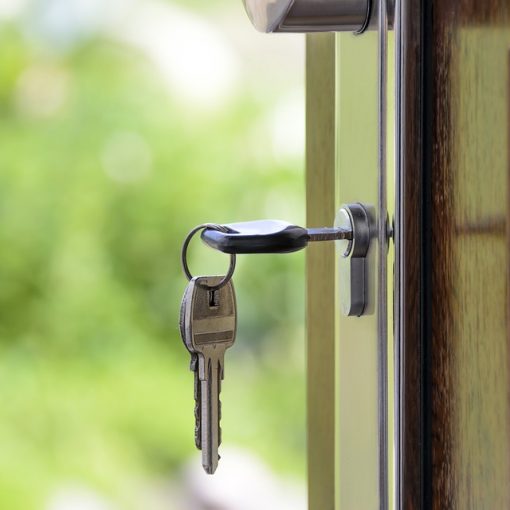
By Katie Conroy
Buying a home is one of the biggest — and most stressful — decisions many of us will ever make in our lifetime. And for those of us who work as freelancers or independent contractors, the home buying process is made even more stressful — especially when it comes to applying for a mortgage. But with these resources, self-employed individuals will learn how to qualify for a mortgage and land the home they’ve been dreaming of!
Credit Matters: Guidance for Improving Your Credit Score
As a freelancer or independent contractor, lenders need proof of your ability to repay your mortgage. Therefore, having a higher credit score and lower debt-to-income (DTI) ratio will boost your chances of qualifying for a home loan.
- Most mortgage lenders require a credit score of at least 620, but you’ll increase your chances of qualifying for a home loan if your score is even higher than this.
- Calculate your DTI before applying for a mortgage and take steps to lower it.
- Build credit by applying for a business credit card. Just remember to do so at least three- to six months before applying for a mortgage.
- Carefully monitor your credit using free services such as Credit Karma or WalletHub.
- Registering as an LLC could bring tax advantages and help bring your debt under control.
Home Loans: Options for Self-Employed Workers
Proving your creditworthiness is just one important part of qualifying for a mortgage. You’ll also need to shop around for mortgage lenders and gather proof of self-employment income.
- Take a look at some of the best mortgage lenders for freelancers and independent contractors, including Luxury Mortgage, Better.com, and Freedom Mortgage.
- An FHA loan is a great option for self-employed workers and first-time home buyers.
- Conventional loans offer lower interest rates and higher loan limits, but you’ll typically need a bigger down payment and higher credit score.
- No-income verification loans are also available to qualifying self-employed individuals, as these mortgages eliminate the need to present proof of income.
Home Affordability: Make Sure You Can Afford to Buy a House
Before applying for a home loan, you’ll need to determine whether you can afford to buy a home and make monthly mortgage payments as a self-employed worker. Here’s how to do it.
- Research the local market in the area you’re looking to buy.
- Budget for the purchase of your new home by calculating your self-employment income and monthly living expenses.
- Start saving money for your mortgage down payment.
Like any mortgage applicant, self-employed individuals must present proof of creditworthiness and financial stability when applying for a home loan. And while these requirements are oftentimes stricter for freelancers and independent contractors, this shouldn’t keep them from applying for a mortgage and achieving their dreams of owning a home. With a good credit score and proof of their income, freelancers and contractors can easily buy a home — just like any full-time employee.
Need to rebuild your credit or eliminate debt? Financial coach Roslyn Lash can help you get your finances under control so you can qualify for a mortgage. 336.754.9646




